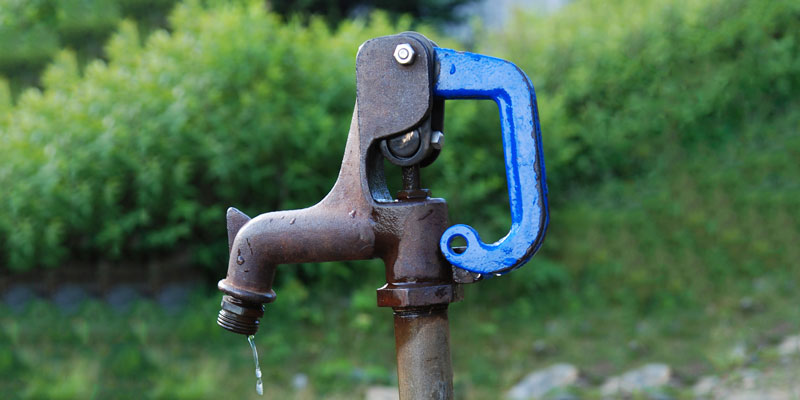Strategies for Reducing Lead in Canada’s Drinking Water
Canadian Water Network (2018-2019)

Challenge
There are buried lead pipes as well as lead pipes and plumbing fixtures in schools, daycares, residential homes and other buildings in communities across Canada. As drinking water passes through these pipes and fixtures, lead can leach into the water. Research has shown that ingesting lead, even at very low concentrations, can cause adverse health effects, particularly for children.
Forthcoming changes in 2019 to the Canadian Drinking Water Guidelines by Health Canada will reduce the maximum acceptable concentration of lead in drinking water from 10 to 5 µg/L. Some Canadian municipalities have already begun implementing actions and formulating plans to meet these updated guidelines, but many are still in the early stages of developing strategies or trying to determine the scope of the problem in their local communities.
Project
Canadian Water Network is undertaking a national project to inform decision-making and practice on lead management in drinking water in municipalities across Canada. Leading knowledge and practice will be consolidated in a synthesis report, which will provide evidence-based insights and identify opportunities to reduce lead at the tap. The report will also include a summary of findings from a national survey highlighting existing municipal practices, case studies and lessons learned on a range of strategies that address the technical and social barriers for reducing lead in drinking water in Canada.
Given the forthcoming amendments to federal guidelines for lead in drinking water, this report will provide timely insights to support Canadian water managers in developing and implementing effective strategies for reducing lead.




